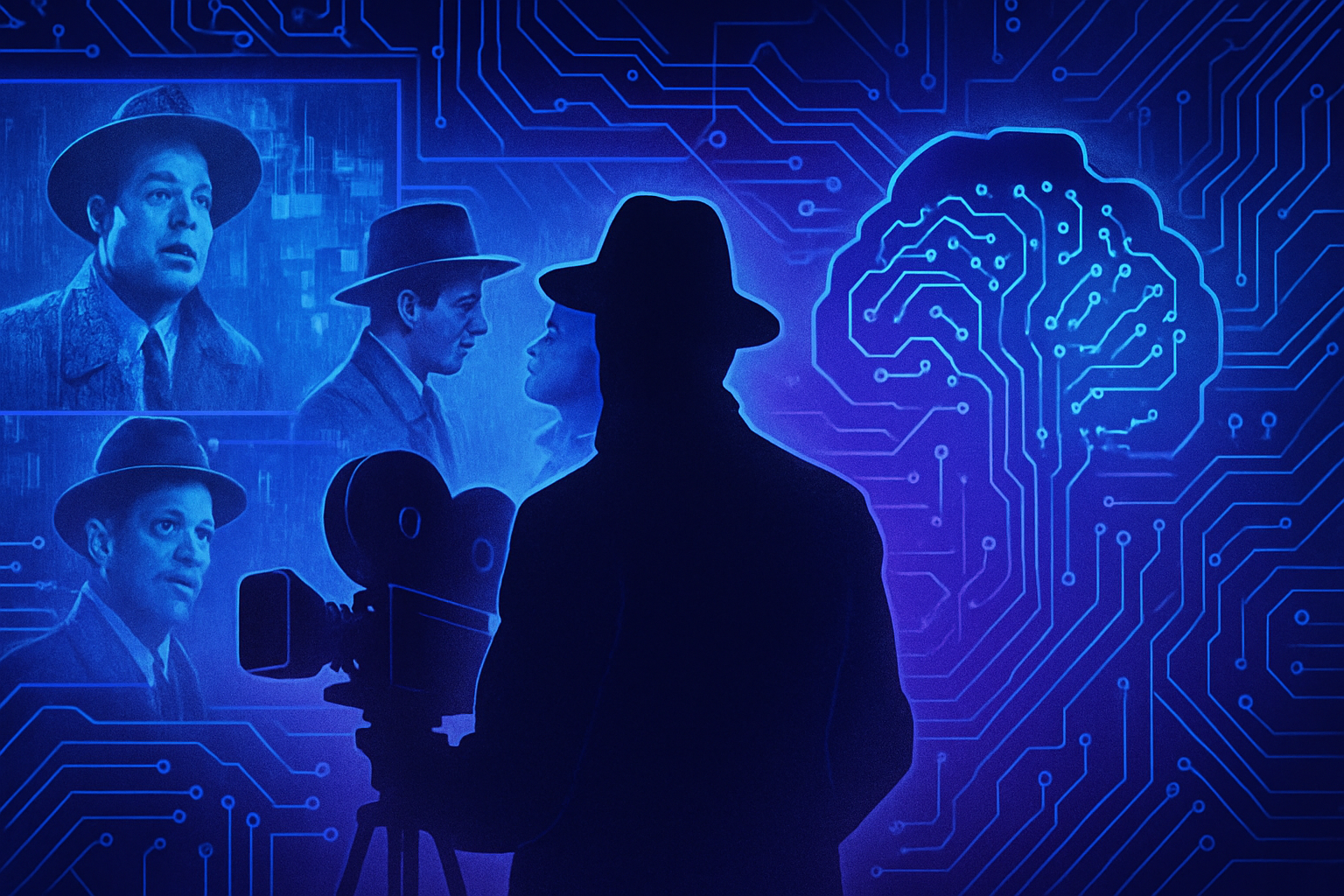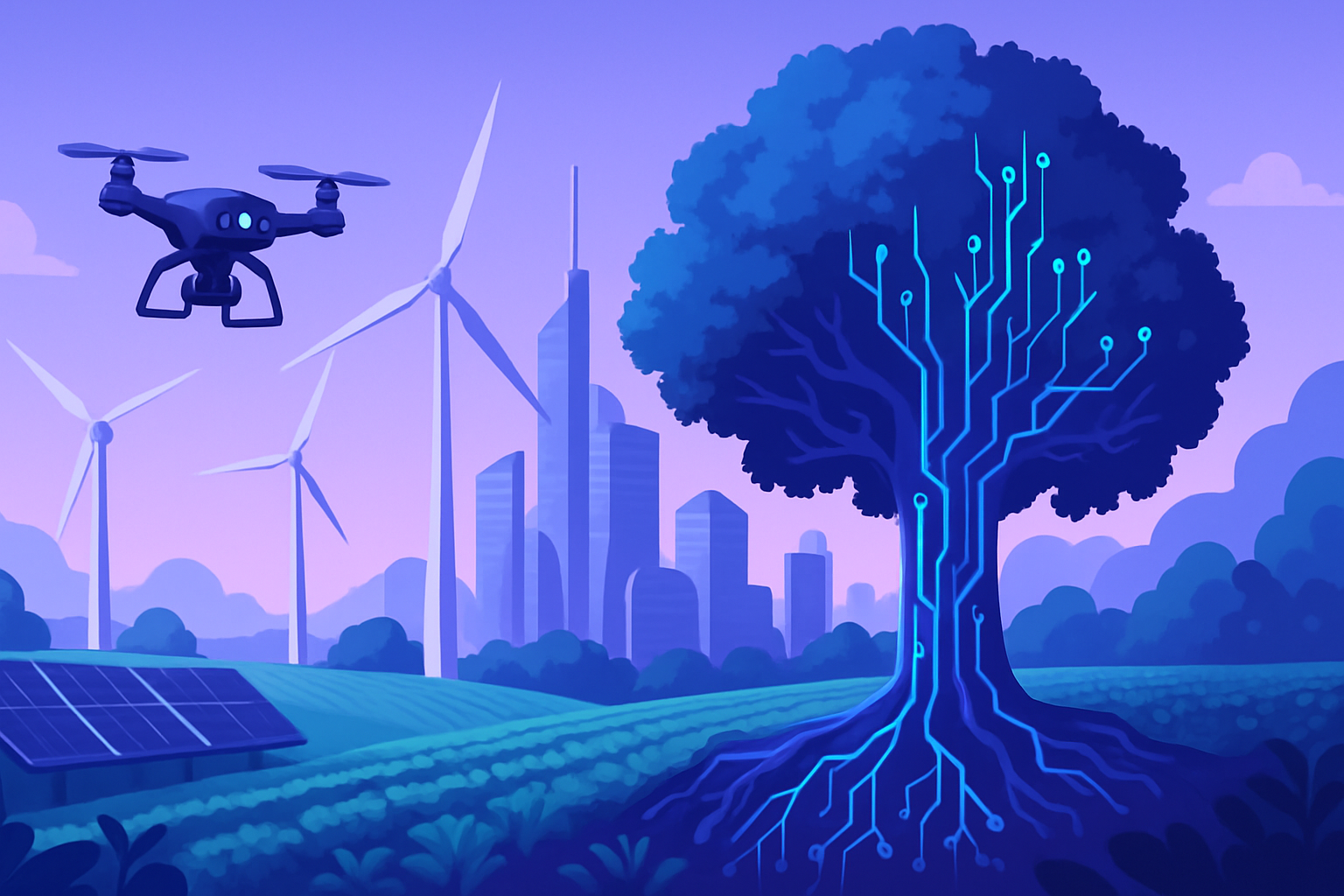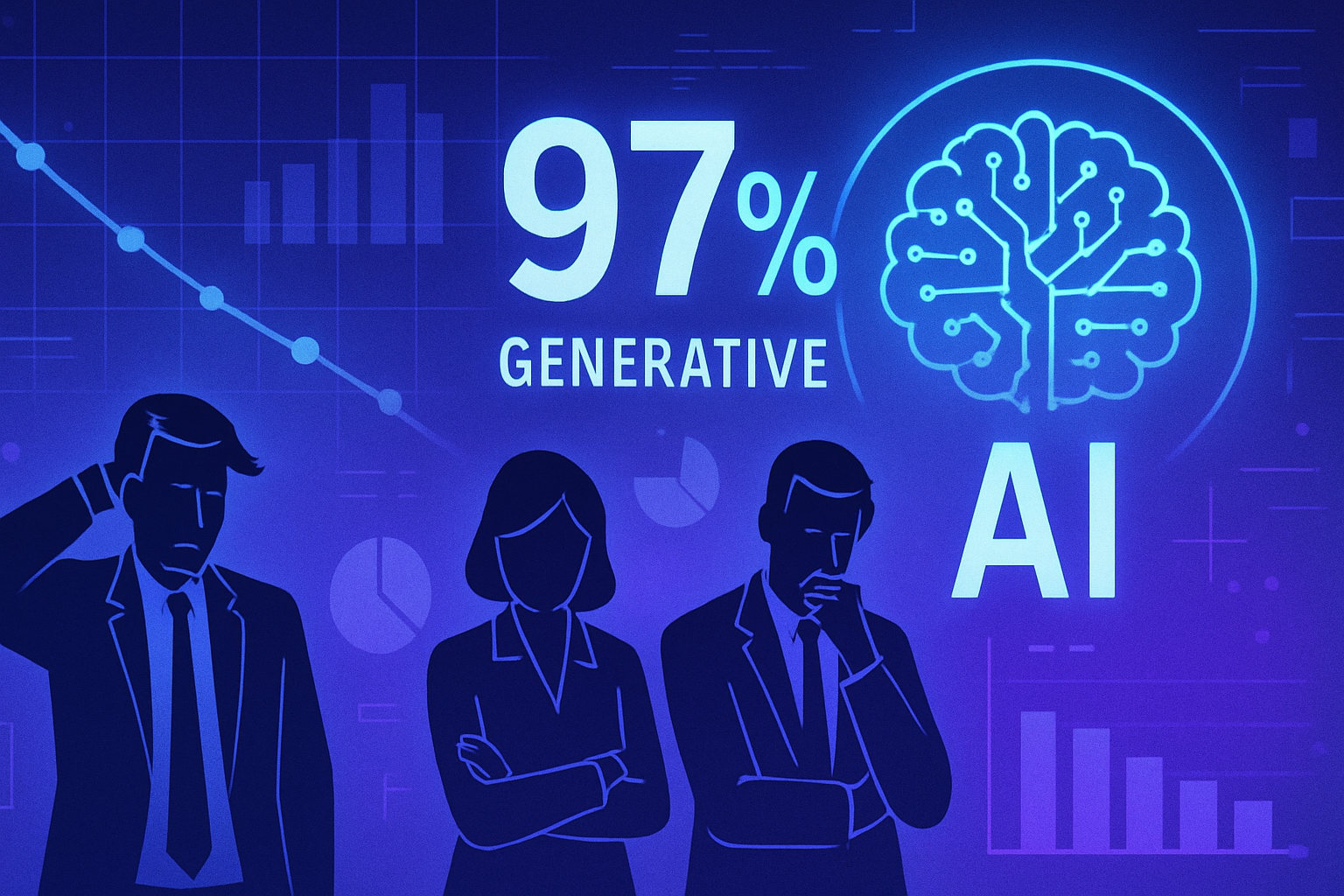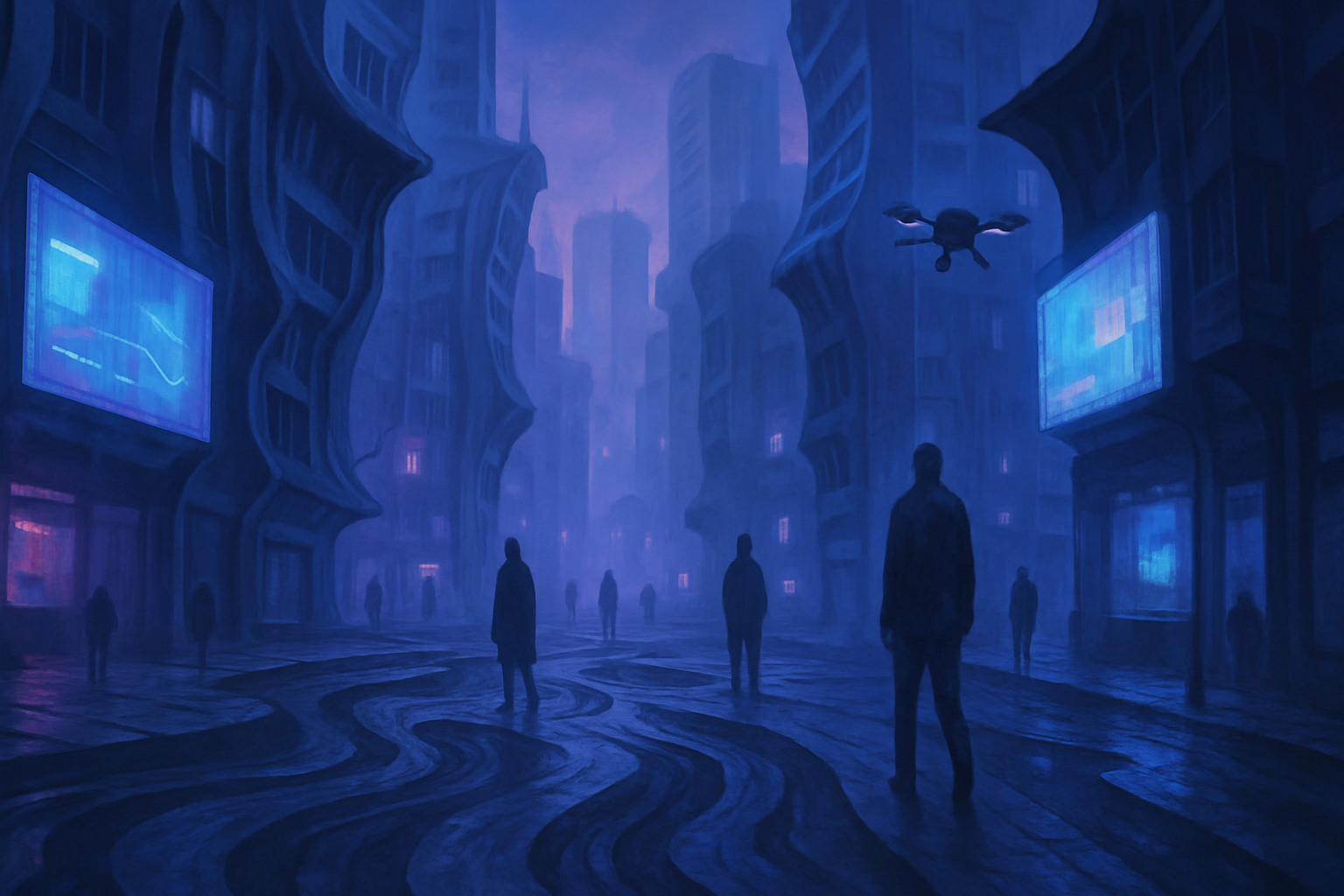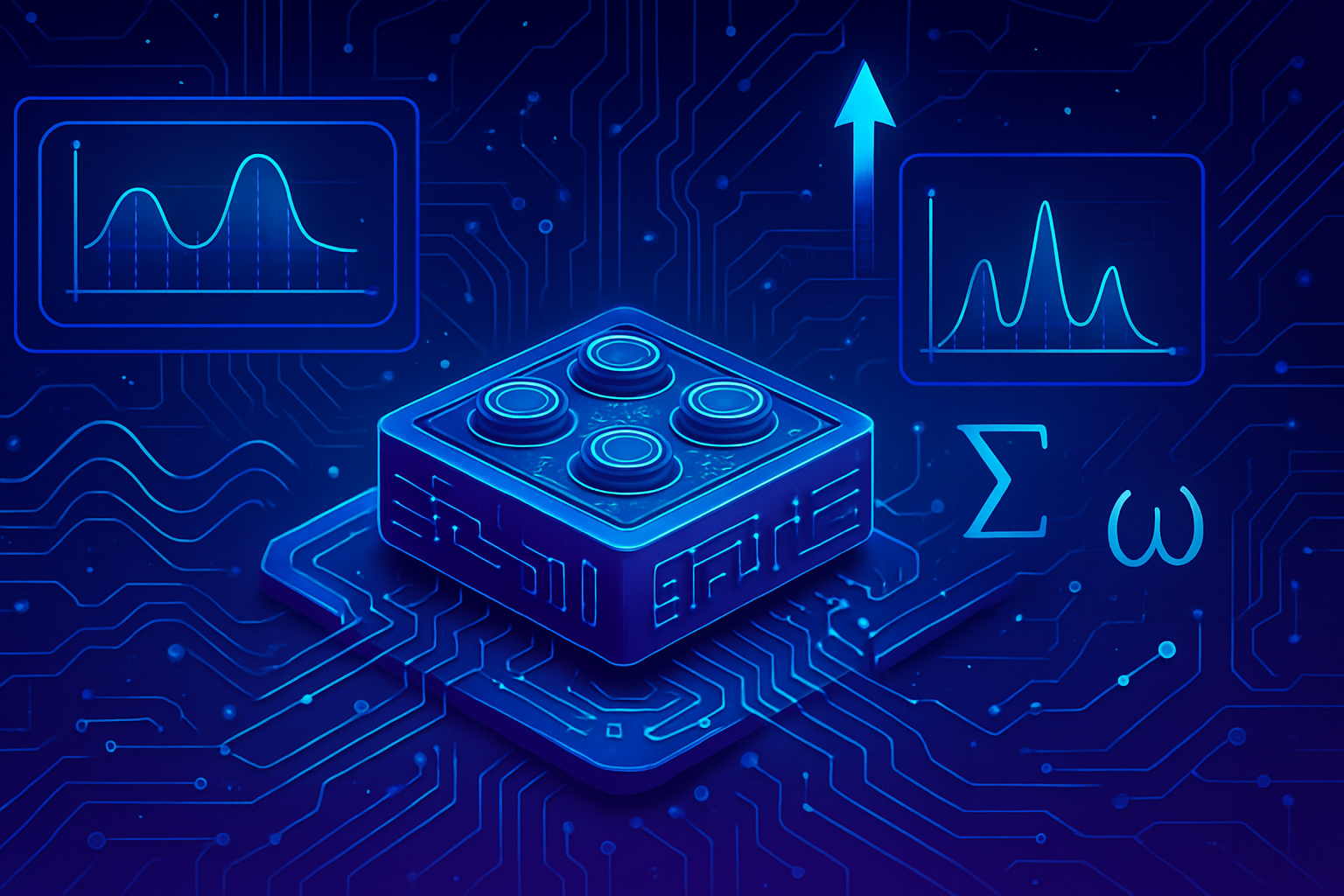Przemysław Dębiak, a Polish programmer, achieved a memorable feat by surpassing OpenAI’s AI during the world programming championship. This ten-hour marathon balanced the future of human intelligence against that of machines. The event showcased the creative capacity of programmers, often overshadowed by the computational speed of advanced algorithms.
Celebrated as a triumph for human ingenuity, this confrontation highlights the mysterious forces of intellect, rooted in human adaptability and intuition. By winning this competition, Dębiak paints a picture of hope in a constantly evolving technological field.
An unprecedented feat in the coding marathon
Przemysław “Psyho” Dębiak, a 42-year-old Polish programmer, accomplished a remarkable feat. During the AtCoder World Tour Finals (AWTF) 2025, he surpassed OpenAI’s AI, marking a symbolic victory for humanity. This contest, recognized as one of the most prestigious in the world, brought together twelve of the best human programmers as well as an AI model, for the first time.
A formidable and intense challenge
The coding marathon took place in Tokyo during an intense ten-hour session. Participants had to solve a NP-hard optimization problem, which involved tracing a robot’s path on a 30×30 grid. This complex task required intellectual agility and creativity, two qualities where humans can still excel against machines.
An innovative strategy to win
Dębiak used a heuristic approach, favoring innovation and intuition. Unlike the OpenAIAHC model, which relies on brute calculations and classical optimization, he employed logical shortcuts and calculated estimates, thereby increasing his advantage. At the end of the competition, he won with a lead of approximately 9.5%.
A man against the machine
OpenAI, whose model had raised great hopes, ultimately had to settle for second place. This turning point illustrates the limits of AI against human creativity. “Humanity has prevailed, at least for now!”, Dębiak declared on X, admitting to having slept only ten hours in three days.
The implications of the championship
This victory represents more than just an individual success. It underscores the importance of creativity, perseverance, and intuition—qualities that are intrinsically human and, in this competition, outperformed the speed and precision of AI. This moment evokes the myth of “John Henry,” symbolizing the struggle between man and machine.
What future prospects lie ahead?
The ongoing progress of AI is undeniable. According to the 2025 AI Index report from Stanford, coding benchmarks saw an impressive increase, rising from 4.4% success in 2023 to 71.7% in 2024. Tools like GitHub Copilot, now commonly used by over 90% of developers, are transforming work methods. This context raises questions about the future of programming competitions in the face of increasingly refined automation.
A call for debate on AI and human ingenuity
Dębiak remains realistic about the challenges ahead. “It’s easy to imagine another problem where AI would win, leaving humans behind,” he stated. Yet, this victory, a symbol of human resilience, encourages reflection on the future of coding and human originality in the face of ever-evolving artificial intelligence.
Related resources and news
For those interested in programming innovations, exciting resources are available on various topics. For example, you can check out a new revolutionary programming language or explore the implications of AI on security in [vibe verification].
FAQ about a Polish programmer’s victory against OpenAI’s AI
Who is Przemysław “Psyho” Dębiak?
Przemysław “Psyho” Dębiak is a 42-year-old Polish programmer known for winning the world programming championship in Tokyo in 2025 by defeating OpenAI’s custom AI.
What was the nature of the contest in which Dębiak participated?
The contest was the AtCoder World Tour Finals, one of the most prestigious programming tournaments in the world, which saw human programmers compete against an AI for the first time.
How did Dębiak manage to outperform the AI?
Dębiak employed a heuristic approach involving problem-solving shortcuts and creative intuitions, rather than relying solely on brute-force calculations.
What human skills allowed Dębiak to win against the AI?
His victory was attributed to human qualities such as creativity, intuition, and the ability to adapt in complex situations.
What was the duration of the competition and what were the participation conditions?
The competition lasted 10 hours, with no access to external libraries or documentation, requiring strong analytical and problem-solving skills.
What was the challenge competitors faced?
Competitors had to trace a robot’s path on a 30×30 grid with the minimum possible moves, which constitutes a NP-hard optimization problem.
What was Dębiak’s final score compared to the AI?
Dębiak won the contest with a lead of approximately 9.5% over the AI, after starting with a lead of 5.5%.
What was OpenAI’s reaction after Dębiak’s victory?
Sam Altman, the CEO of OpenAI, congratulated Dębiak by stating “Good job, Psyho,” thus highlighting the honor of human performance in the context of artificial intelligence.
What are the implications for the future of human programming in the face of AI?
Dębiak’s victory highlights the unique place of creativity and the human spirit in programming, even in the face of rapid advances in artificial intelligence.
Does Psyho have a background in AI or software development?
Yes, Dębiak is a former engineer at OpenAI, where he contributed to the development of OpenAI Five, the AI designed for Dota 2.

